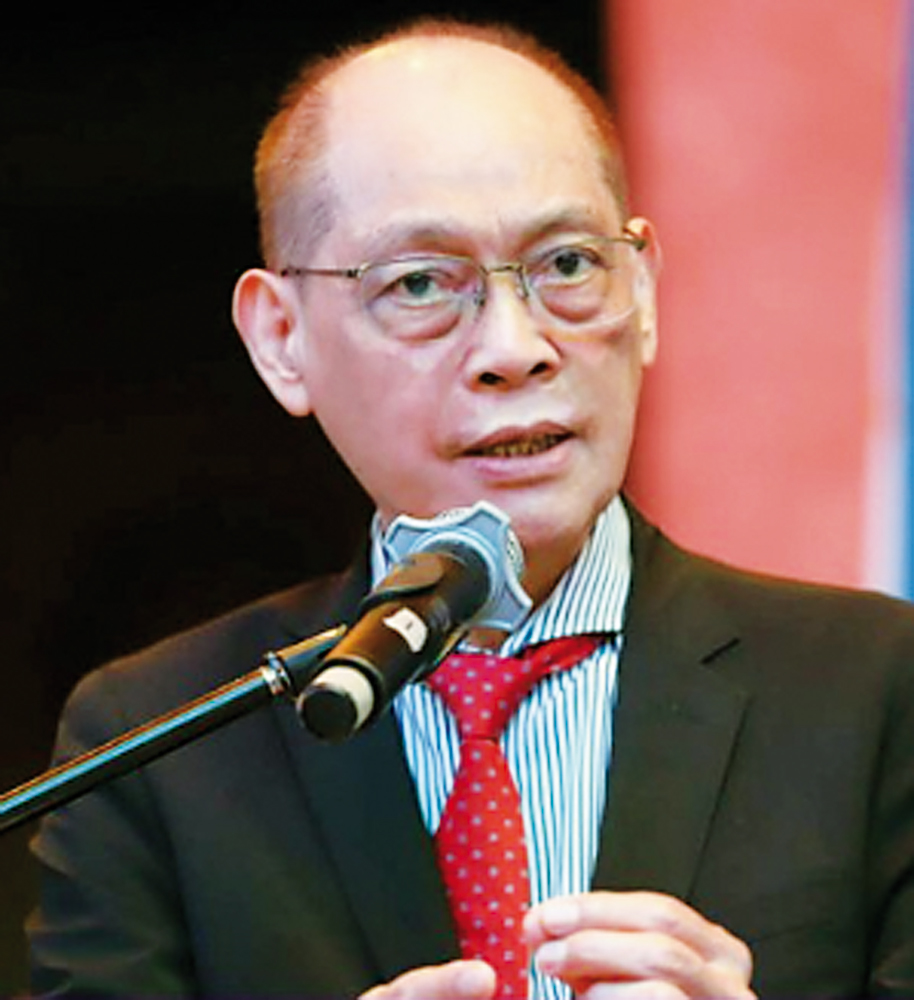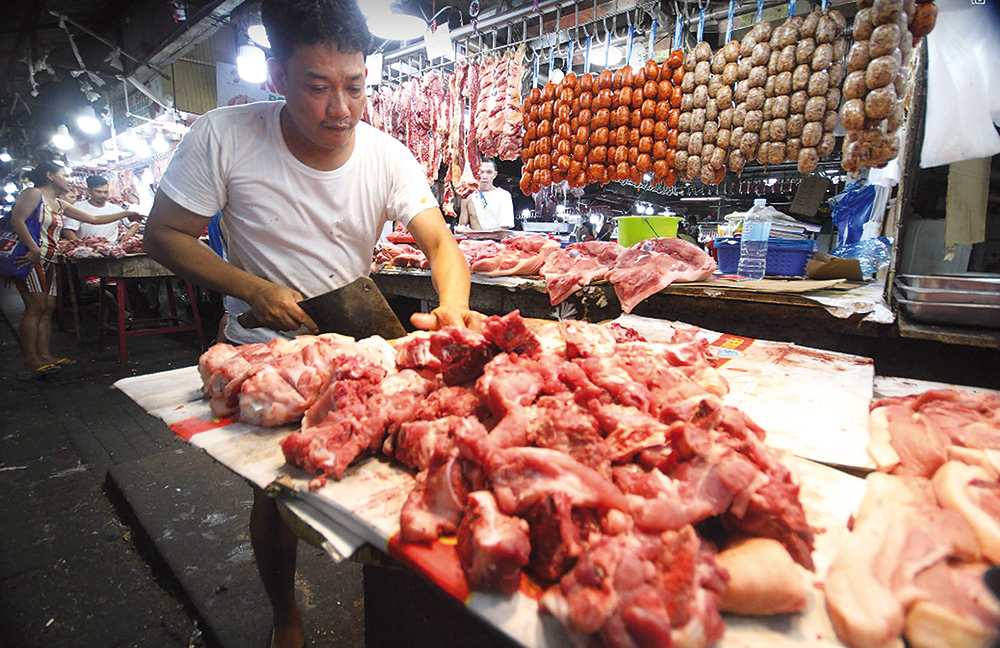The government is committed to its goal of getting an “A” credit rating from international rating agencies, even as this objective is “challenging” amid the current global environment.
“Our ultimate goal is to get an A rating before the end of the President’s term. We’re fully aware that this is not going to be a walk in the park. But we are committed to work unceasingly to achieve our lofty goal,” Finance Secretary Benjamin Diokno said in a press briefing at the Department of Finance (DOF) office last Friday.
“An A rating would affirm the Philippines’ creditworthiness and would serve as a strong signal to local and international business and financial communities that the country is conducive to long-term investments. In turn, this will increase investment and will eventually help us achieve our long-term economic plans,” he added.
Currently, the Philippines has a BBB+ sovereign credit rating from S&P Global. This is one notch below the minimum A rating target of the government.
“But given the current global environment, getting an A rating promises to be challenging. In fact, just this week, Fitch Ratings downgraded the US debt rating from AAA to AA+,” Diokno said.
The finance chief, however, noted that at a time of uncertainty in the global market, the Philippines is doing quite well.
“If you look at the credit default swap (CDS) spread, it’s based on a five-year horizon. It’s just 69 to 70 basis points, we’re already at single A credit rating,” Bangko Sentral ng Pilipinas (BSP) Governor Eli Remolona Jr. said in the same press briefing.
“According to the CDS market, they are anticipating our credit rating to be upgraded to single A. Credit rating agencies don’t just consider our capacity to borrow and pay, but also the governance and fiscal policies we pursue. In their view, they believe our policies are favorable,” he added.
In pursuit of the A credit rating, the BSP and DOF organized in 2019 an Inter-Agency Committee on the Road to A Credit Rating Agenda, or the IAC on the Road to ‘A’.
It aims to effectively coordinate the efforts of member agencies to develop, execute and monitor the implementation of the Road to ‘A’ Roadmap.
The IAC has a three-pronged strategy that focuses on achieving solid economic growth, prudent fiscal management and strong governance standards and institutions.





